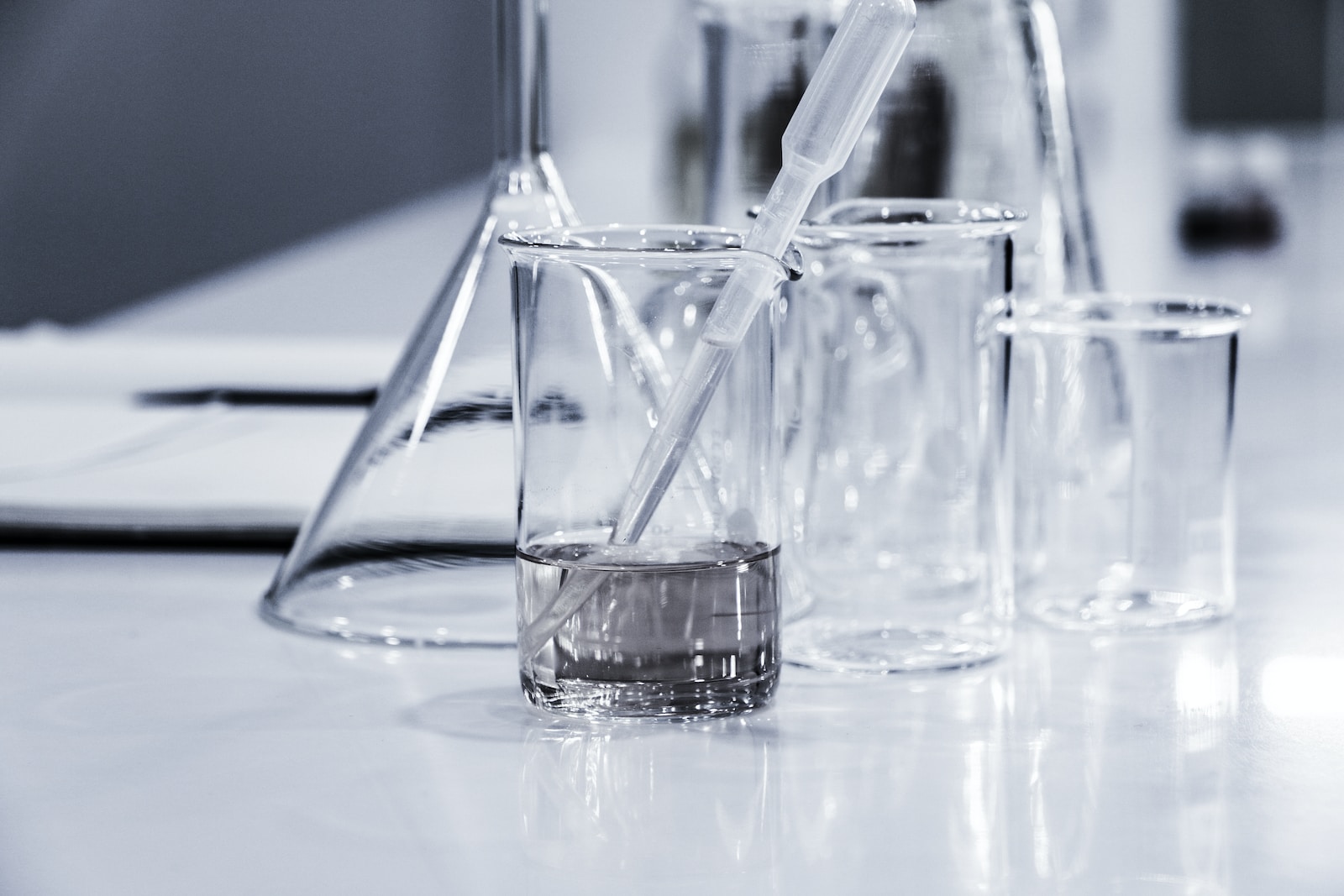
Cannabis has been around for thousands of years helping man with a variety of issues. Yes, there hasn’t been enough research to fully unlock all the potential of the plant. While marijuana is a “fun” plant allowing people to get high and chill, it has proven medical benefits recognized by the American Medical Association, British Medical Association, the US Government and other science and data based institutions.
Science says medical marijuana can help with cancer treatments, anxiety, nausea, pain and more. It is not a cure all like aspirin, but it can help in many things, more studies to be funded to unlock the potential.
A key part of marijuana is THC, a crystalline compound that is the main active ingredient of cannabis. THC provides the “high” while also delivering medical benefits. Recently, there has been discussion around TCHa, the most abundant non-psychoactive cannabinoid found in cannabis.
THCa is the acid form of THC that’s found in the raw cannabis plant. In general, cannabis produces all cannabinoids in acid form. It is one of the most abundant cannabinoid acids and is the precursor to THC. Alone, cannabinoid acids do not provide the high. Instead, these acids deliver some health benefits minus changes in consciousness.
When one consumes THC, a decarboxylation process normally takes place first. Decarboxylation is the term that’s used to describe the heating of a compound via smoking or vaping. To convert THCA into THC, raw cannabis first needs to be dried, aged, and heated via smoking or vaping. Overall, THC is a breakdown of THCA, and it doesn’t deliver psychoactive effects until it’s heated through decarboxylation.

Although research on THCA is in its infancy stage, a great deal of research findings has emerged regarding several of its medicinal benefits. After learning about THCA and its link to THC, let’s discuss the medicinal and therapeutic benefits of this compound. Different studies have been performed on THCA in recent years, which discovered the following potential benefits of the compound:
In addition, there’s also much promise in consuming THCA to treat epilepsy and seizures. In one particular study, two milligrams of THCA administered daily resulted in the subject experiencing a 90 percent seizure reduction. Similarly, when specific terpenes are combined with THCA in a cannabis strain, this combination can significantly contribute to the anti-seizure and anti-epileptic effect THCA has on patients.
RELATED: Marijuana’s THC-A As An Anti-Inflammatory And Neuro-Protectant

Regarding THCa’s anti-proliferative properties, one study conducted in 2013 found. in animal models and cell structures, THCA inhibited the proliferation of prostate cancer cells. Additionally, a study that was conducted one-year prior (2012) discovered THCA neutralized damage caused by oxidative neurotoxins. Although more research needs to be conducted to confirm this finding, this discovery represents the potential of consuming THCa to help treat neurodegenerative diseases caused by oxidative stress.
RELATED: How Marijuana’s THCA Can Effectively Treat Your Worst Pain
Lastly, at the University of Guelph in Ontario, Canada, Erin Rock and other scientists found that extremely low doses of THCa were able to prevent nausea in rat subjects. It was also discovered that THCA successfully synergizes with CBDA, thus, acting as a strong antiemetic compound.
While more need to be explored, the effects and properties already discovered point to the significant potential of this compound. If you’d like to consume THCA, it’s suggested to look for high-THC strains that haven’t been decarboxylated yet. You could also juice or blend raw cannabis parts such as leftover fan leaves, buds, and/or stems to reap the potential benefits.






